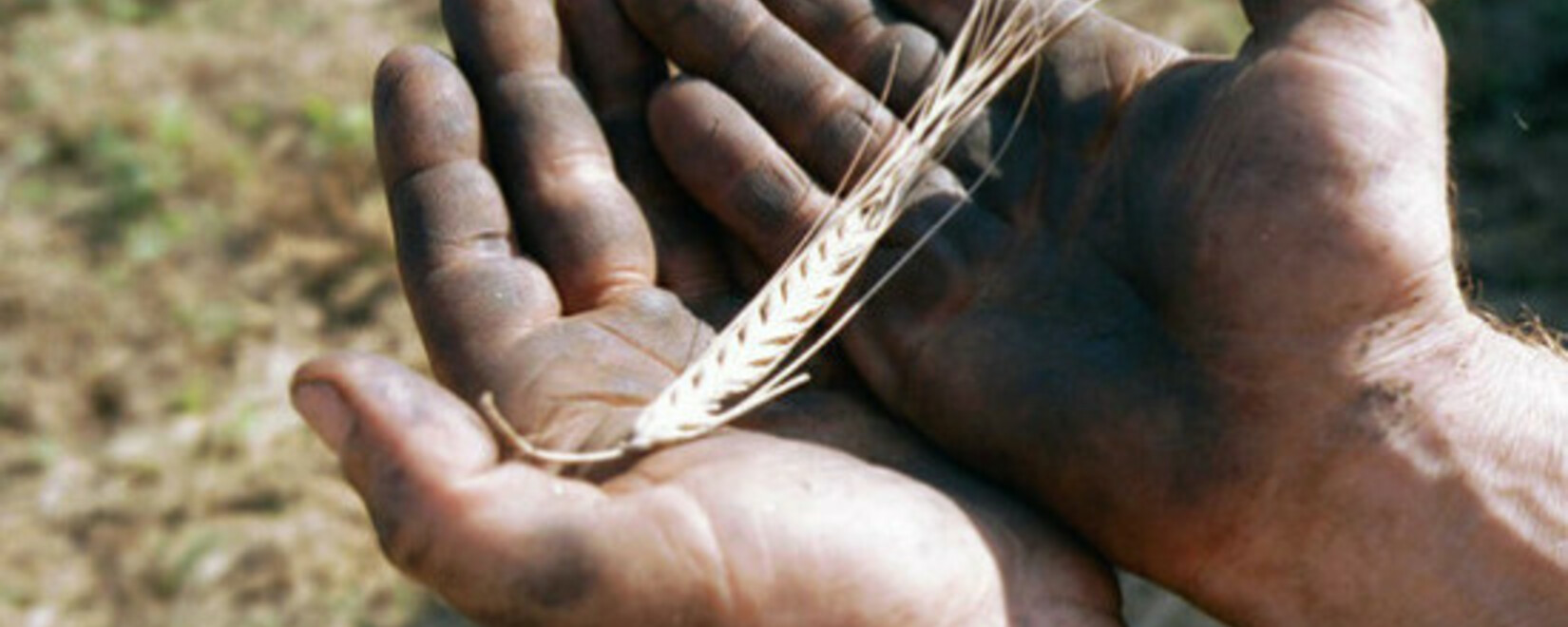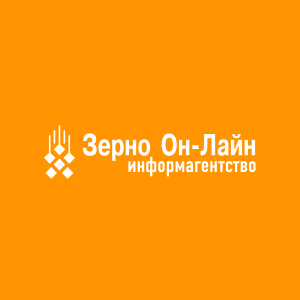The Russian Grain Union and the Soybean Union sent an appeal to Prime Minister Mikhail Mishustin, which talks about the risks for the Russian agricultural industry when deciding to introduce quotas for seed imports by volume and method.
In accordance with Government Decree No. 1034 dated June 26, 2023 “On certain types of goods for which quantitative restrictions on import into the territory of the Russian Federation may be applied,” the Ministry of Agriculture of Russia is given the right, if necessary, to submit proposals to the Government on the scope of quantitative restrictions on import seeds of a number of the most import-dependent crops.
As stated in the appeal, a year ago, six major industry unions, representatives of the business community and science addressed the President of the Russian Federation V.V. Putin with an open letter, in which they expressed concern about the inevitable negative consequences of introducing quotas on seed imports.
According to the industry community, import quotas as a measure of non-tariff regulation are directly aimed at limiting competition, which is an incentive to use the most advanced achievements of science, which will lead to a decrease in the competitiveness of both the domestic seed industry and the agricultural industry as a whole. The introduction of quotas on the import of foreign seeds will lead to a fall in yields, an increase in production costs, an increase in seed prices and, accordingly, an increase in the cost of final agricultural products.
Moreover, for agricultural processing enterprises created in recent years thanks to unprecedented government support, access to raw materials that shape the competitiveness of their final products will decrease. This, first of all, will affect the production of such socially important food products as sugar, potatoes, oils, animal feed, etc.
The Presidential Administration sent this appeal to the Ministry of Agriculture, the Ministry of Economic Development and the Ministry of Industry and Trade of Russia. However, the Ministry of Agriculture ignored the industry’s opinion and continued work on preparing for the introduction of a seed quota regime. At the same time, no real industry examination of the possible consequences of quotas was carried out. The department limited itself to only consultations with the industry unions under its control. Authoritative industry experts capable of expressing and defending their opinions were not involved in the examination.
As a result, a model of “flexible regulation of quota volumes as domestic production increases” was developed. At the same time, the corresponding “decisions will be based on the results of harvesting and the formation of the seed fund, and an assessment of the domestic market’s need for seeds for each specific crop.”
According to the Union, this model of import quotas has a high corruption potential and will stimulate the development of paternalism among domestic scientific institutions
The Russian Grain Union considers it necessary to consider the above risks for the Russian agricultural industry when making decisions on the volumes and methods of quotas for seed imports.

 Trading platform
Trading platform 
 Monitoring
Monitoring  Express applications
Express applications 
 Fork Work
Fork Work 
 Service
Service  News
News  Directory
Directory 
